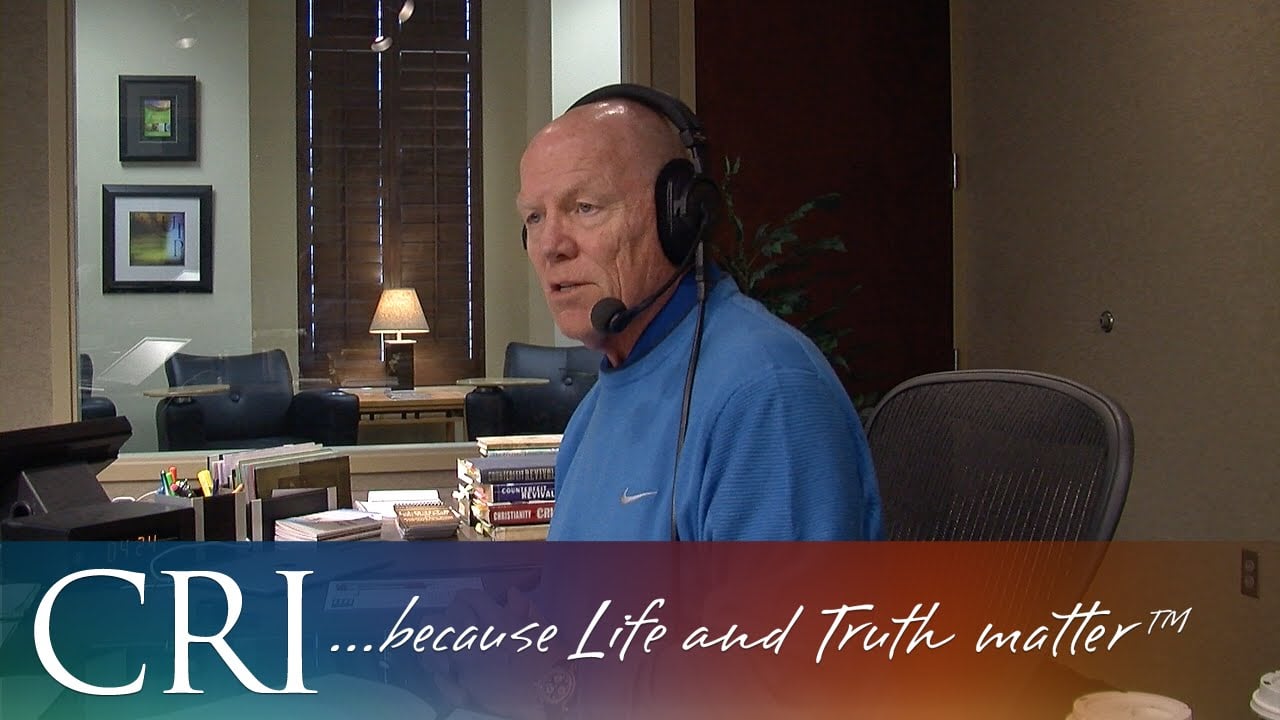I struggle with homosexual desires, and I also consider myself a true Christian, but I don’t engage in homosexual activity; what do you think about this? Abe, an 84-year-old Christian, discusses the distinction between homosexual attraction and behavior. He emphasizes that while one can be attracted to the same sex, it is one’s actions that define one’s relationship with God. He believes the church has failed to address these issues, leading to confusion among homosexual individuals.
http://www.equip.org, 1-888-7000-CRI
A long-time Christian expresses his struggle with being homosexual and how it aligns with his faith. He emphasizes that actions matter more than sexual orientation in defining one’s relationship with God.
The speaker explains the internal conflict of being homosexual while identifying as a Christian, highlighting the importance of personal choices and behavior. He draws an analogy comparing sexual attraction to favorite colors, stressing that liking something does not dictate actions or moral choices. The speaker emphasizes that while one can identify as homosexual, they must choose to live a Christian life by aligning their actions with their faith.
Homosexuality is viewed as a behavior rather than an identity, which highlights the need for the church to address these issues openly. Many individuals struggle with their feelings due to lack of guidance from religious institutions. Individuals often ask for forgiveness for their sins, recognizing the importance of repentance and the belief in God’s ability to cleanse them from unrighteousness. This reflects a hopeful outlook on redemption.
The church’s failure to address sexual identities has led to confusion among individuals, particularly those with homosexual feelings seeking spiritual guidance. This silence creates a gap in understanding. The speaker emphasizes their personal journey through various denominations, noting that despite the diversity, the core message of addressing predilections remained largely unspoken. This highlights the need for dialogue.
The main issue lies within the church itself, particularly regarding its acceptance of LGBTQ+ individuals and the interpretations of scripture. This has led to a disconnect between traditional beliefs and modern practices. Many individuals feel hesitant to express their identities within local churches, fearing rejection from their communities. This fear contributes to a lack of open dialogue about LGBTQ+ issues. The discussion highlights the failure of certain churches to adhere to biblical teachings while supporting non-traditional practices. This raises questions about the authenticity of their faith and teachings. The metaphor of salt losing its saltiness illustrates the church’s diminishing relevance when it strays from its core principles. This analogy emphasizes the importance of maintaining spiritual integrity.

